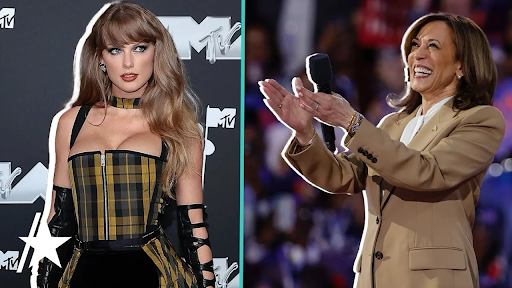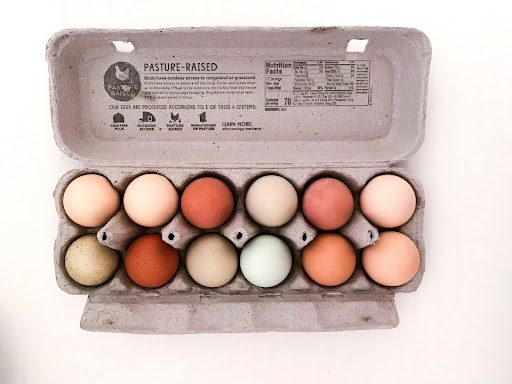
On Sept. 10, global sensation Taylor Swift stole headlines after officially endorsing Democratic nominee Kamala Harris and her running mate Tim Walz for the upcoming general election. She took to Instagram for the announcement, citing that the current vice president “fights for the rights and causes I believe need a warrior to champion them.”
The announcement came immediately after the presidential debate, a contest most believed Harris performed well in. And to the untrained eye, Harris’ night only got better, as over 400,000 people were drawn to the Vote.org website Swift promoted in an Instagram story that corresponded to her initial post.
Swift’s statement surely added more fuel to the fire. It’s not totally absurd to assume that her announcement and similar ones from other celebrities will bring significant amounts of new voters for Kamala Harris. While an endorsement from anybody with a strong following surely won’t hurt a campaign, we can look at instances of other celebrities making endorsements and learn that this assertion is a misguided one.
No one can doubt the reach of Taylor Swift. According to The Economic Times, her “Eras Tour” has the highest tour gross ever. She recently became the most awarded artist ever at the American Music Awards and is the holder of 118 Guinness world records. That, along with her social media presence, shows that there really isn’t a bigger star in the world of music today, and few ever. But this also isn’t the first time she’s formally endorsed a political candidate.
The first instance came in 2018 when Swift endorsed the then-Democratic Senate nominee in Tennessee, Phil Bresden. Much like with the Harris endorsement, she took to Instagram and said that recent life experiences had convinced her to get more involved in politics. Swift wrote that Marsha Blackburn, the incumbent Republican candidate, misrepresented “Tennessee Christian Values” and promoted a “fear-based” extremist platform. Despite these remarks and more, Blackburn still defeated Bresden by a comfortable 11 percentage points. This was a congressional election, a contest that takes less voter mobilization to swing, yet the pop icon’s efforts still ended unsuccessfully.
However, Tennessee is a historically Republican-leaning state, and two years later she endorsed the winning Presidential candidate, Joe Biden. That’s why one must look at the actual data and tendencies of Swift fans to truly gauge her influence.
In a survey published by the Statista research department in March 2023, 55% of “Swifties” already identified as Democrats, compared to the 23% of them that identified as Republicans.
Past instances have shown that Swift or other celebrities don’t have the capacity to change the minds of their fans. Country singer Garth Brooks learned this the hard way when he took a stance defending Bud Lights’ partnership with TikToker Dylan Mulvaney, who is transgender, and refused to have his bar join the conservative-led boycott against the company. Instead of changing their views, country music fans stayed true to their Republican-leaning tendencies and slammed the singer on social media.
Celebrities haven’t, and will most likely never, have significant political influence. Those who come out and open up about their leanings simply do so because they truly believe in the cause/candidate they are advocating for. And however much impact it will have, big or small, is good enough. Every human recognizes their limitations in how they as an individual can influence anything, whether it’s in a political context or not. But when a broader coalition is created, bringing people from different backgrounds and struggles together, elections can be won.
Democrats, Republicans and Independents alike all enjoy music and entertainment; and Americans broadly have learned to follow the phrase, “separate the art from the artist.”









